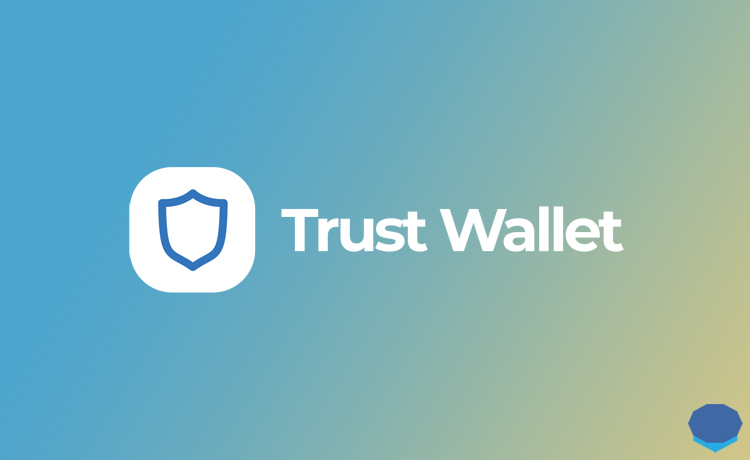
Trust Wallet is owned by Binance but remains a decentralized platform, giving users full control over their private keys and funds.
Understanding the Ownership of Trust Wallet
Who Developed Trust Wallet and What is Its Background?
Trust Wallet was created by Viktor Radchenko in 2017 as a decentralized, user-friendly cryptocurrency wallet. Initially supporting Ethereum, it expanded to multiple cryptocurrencies and became popular for its simple interface.
-
Background:
-
Launched in 2017, designed for easy and secure crypto storage.
-
Initially supported Ethereum and ERC-20 tokens.
-
Gained popularity for its accessibility.
-
The Acquisition of Trust Wallet by Binance
In 2018, Binance acquired Trust Wallet, allowing it to integrate seamlessly with Binance’s ecosystem while maintaining Trust Wallet’s decentralized nature.
-
Acquisition Impact:
-
Enhanced features and wider cryptocurrency support.
-
Continued independence in managing user funds.
-
Benefited from Binance’s resources for growth.
-
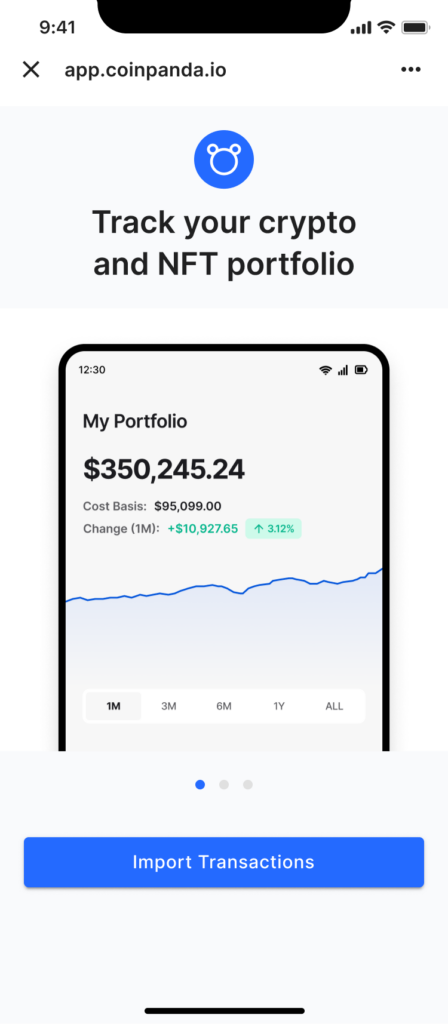
Trust Wallet’s Control Structure: Decentralized vs. Centralized
How Trust Wallet Maintains User Control Over Funds
Trust Wallet is decentralized, meaning users control their funds directly. Private keys are stored on users’ devices, ensuring complete control and privacy.
-
Key Points:
-
No third-party control over funds.
-
Private keys stored securely on user devices.
-
Peer-to-peer transactions for privacy.
-
Does Trust Wallet Control Your Private Keys?
No, Trust Wallet does not control your private keys. Users are responsible for managing and securing their private keys.
-
Private Key Control:
-
Users store their own private keys.
-
Recovery phrase is provided for wallet restoration.
-
Trust Wallet has no access to private keys.
-
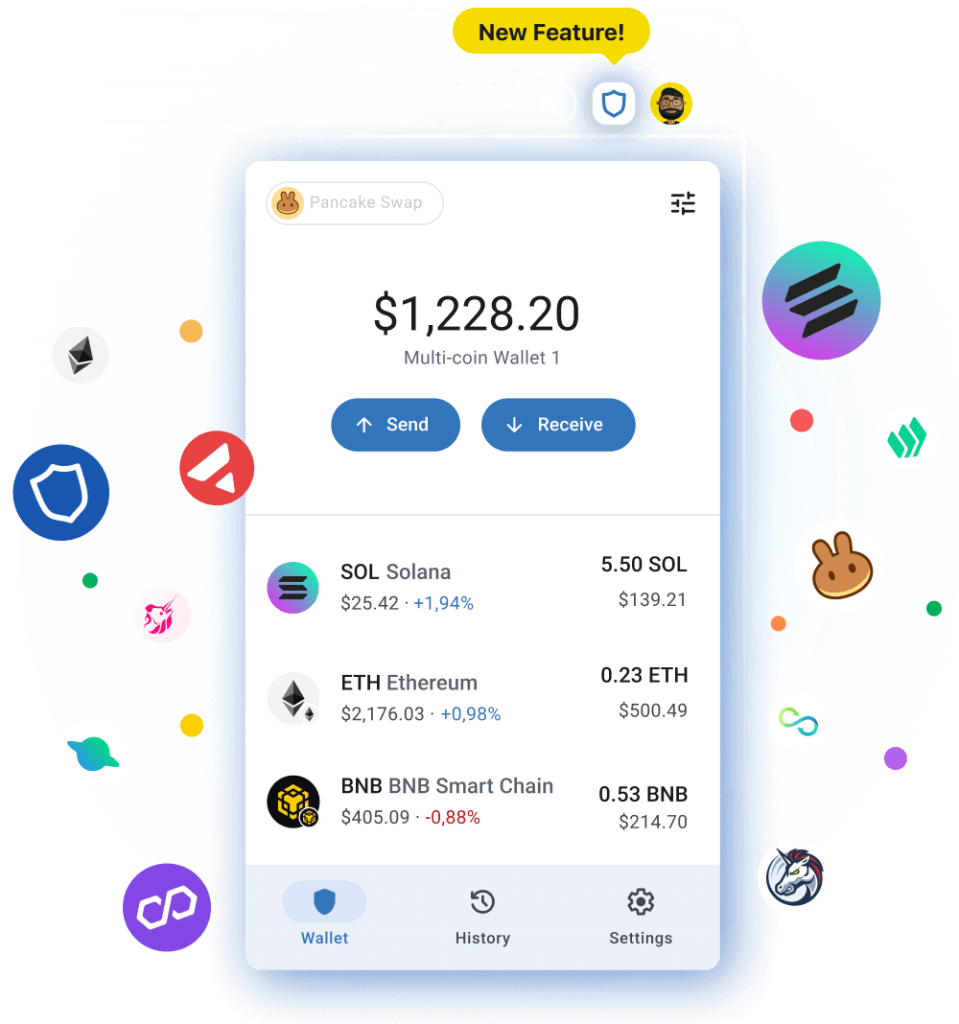
The Role of Binance in Trust Wallet’s Operation
How Binance’s Involvement Affects Trust Wallet’s Development
Binance’s acquisition of Trust Wallet in 2018 has led to enhanced features and improvements. While Trust Wallet remains independent and decentralized, Binance’s resources have allowed it to expand its support for a wide range of cryptocurrencies and blockchain networks, including Binance Coin (BNB).
-
Impact of Binance’s Involvement:
-
Expanded cryptocurrency support, especially for BNB and Binance Smart Chain (BSC).
-
Increased resources for security and platform development.
-
Continued independence in wallet management and user control.
-
The Relationship Between Binance and Trust Wallet Users
The relationship between Binance and Trust Wallet is based on Binance’s ownership of Trust Wallet, but without direct control over users’ assets. Binance users benefit from seamless integration with the exchange, but Trust Wallet remains a decentralized platform, ensuring that users maintain full control over their funds.
-
Key Points:
-
Trust Wallet remains decentralized despite Binance ownership.
-
Integration with Binance allows easy access to Binance services.
-
Users retain full control of their funds, with Binance not controlling private keys.
-
Trust Wallet’s Governance: Who Makes Decisions?
How Trust Wallet Ensures Transparency in Its Operations
Trust Wallet operates with a decentralized governance structure, meaning decisions about its development are influenced by both the internal team and the broader crypto community. Although Binance owns Trust Wallet, the platform remains independent in terms of user control and transparency.
-
Transparency Measures:
-
Open-source code available on GitHub for public review.
-
Regular updates and community engagement to gather feedback.
-
No central authority controls development, allowing community contributions.
-
The Influence of the Crypto Community on Trust Wallet’s Features
The crypto community plays a significant role in shaping Trust Wallet’s features. Through feedback, feature requests, and open-source contributions, the community helps guide the development and evolution of the wallet, ensuring it meets user needs.
-
Community Influence:
-
Active feedback channels for suggestions and improvements.
-
Open-source contributions allow the community to propose features.
-
Trust Wallet often integrates popular cryptocurrencies and blockchain networks based on community demand.
-
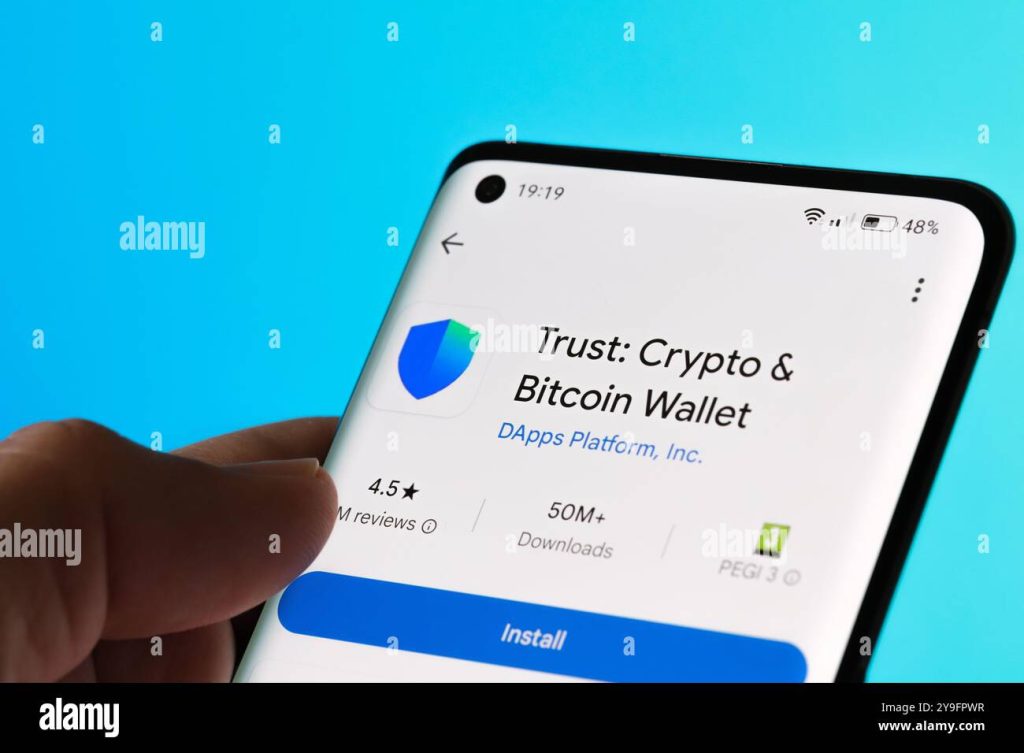
Trust Wallet’s Security: Who is Responsible for Protecting Users?
How Trust Wallet Ensures User Privacy and Security
Trust Wallet prioritizes user security by offering a decentralized model where private keys are stored solely on the user’s device, not on any central server. This ensures that only the user has access to their funds, and transactions are securely signed without the involvement of third parties.
-
Security Features:
-
Private keys are stored locally on the user’s device.
-
Recovery phrase provided for wallet restoration in case of device loss.
-
Users retain full control over their assets and security.
-
Third-Party Audits and Security Practices at Trust Wallet
Trust Wallet follows industry best practices for security, including undergoing third-party audits to ensure its safety features are up to date. Regular audits help identify and fix vulnerabilities, ensuring users’ funds remain protected.
-
Audit and Security Measures:
-
Regular third-party security audits to identify vulnerabilities.
-
Encryption and strong authentication methods to protect user data.
-
Collaboration with security experts to enhance platform safety.
-
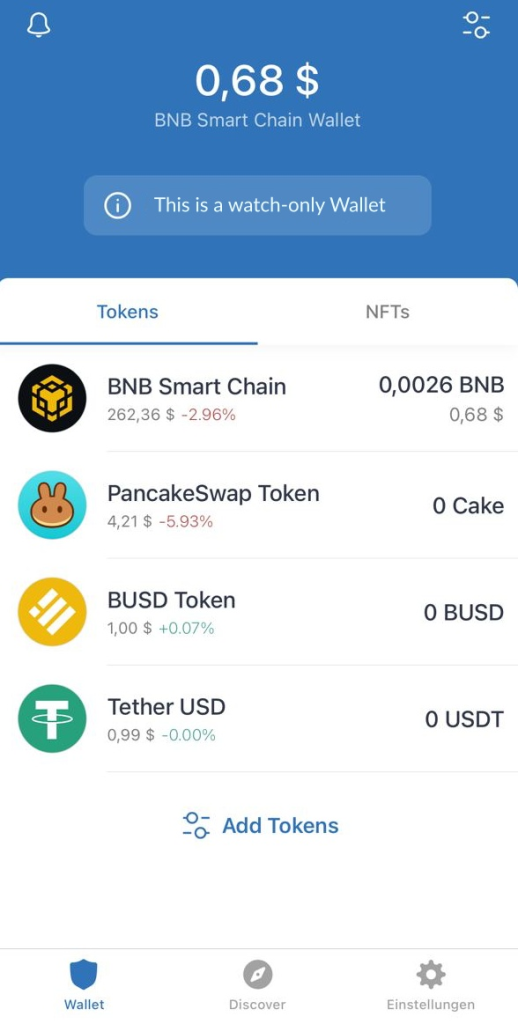
The Future of Trust Wallet: Who Will Lead the Development?
What Are the Plans for Trust Wallet’s Future Growth?
Trust Wallet plans to enhance its growth by expanding blockchain support, integrating AI for smarter interactions, and improving user experience. Key initiatives include:
-
Blockchain Expansion: Support for more blockchains like Solana, Ethereum, and BSC.
-
AI Integration: AI-driven insights for smarter, safer crypto decisions.
-
User-Centric Features: Simplified onboarding for new users.
How Will the Expansion of Trust Wallet Affect Global Users?
Trust Wallet’s expansion will improve global accessibility, security, and ecosystem integration:
-
Enhanced Accessibility: A more user-friendly interface for both beginners and experts.
-
Increased Security: Advanced security features like AI-powered risk assessments.
-
Broader Ecosystem Integration: More partnerships with DeFi and dApp ecosystems for improved cross-chain functionality.
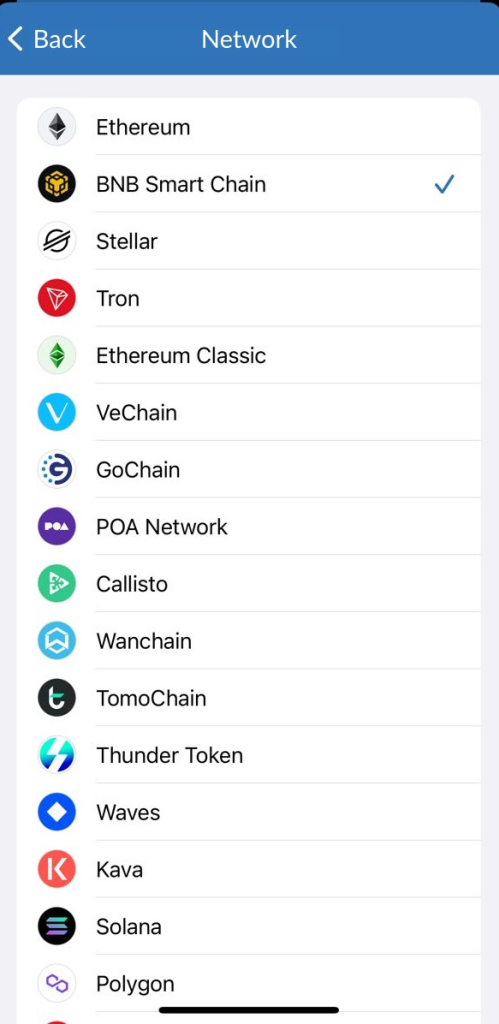
Trust Wallet’s Impact on the Cryptocurrency Market
How Trust Wallet Contributes to the Growth of Crypto Adoption
Trust Wallet plays a significant role in increasing cryptocurrency adoption by providing users with an easy and secure way to manage their digital assets. Its user-friendly interface, support for multiple cryptocurrencies, and decentralized nature help onboard both newcomers and experienced users to the crypto world.
-
Key Contributions:
-
Simplifies the process of managing diverse digital assets.
-
Supports decentralized finance (DeFi) and NFTs, expanding user engagement.
-
Allows easy access to a broad range of blockchains, including Ethereum and Binance Smart Chain.
-
The Role of Trust Wallet in Shaping the Future of Blockchain Wallets
Trust Wallet is helping to shape the future of blockchain wallets by prioritizing security, decentralization, and ease of use. As the cryptocurrency market grows, Trust Wallet’s continuous innovation is making it a vital tool for users looking to securely store and manage their digital assets.
-
Shaping the Future:
-
Leading the way in supporting a wide range of cryptocurrencies and tokens.
-
Setting industry standards for decentralized wallet security.
-
Contributing to the broader adoption of decentralized finance (DeFi) and blockchain technology.
-
Who Owns Trust Wallet?
Trust Wallet is owned by Binance, but it operates as a decentralized wallet, allowing users full control over their private keys.
Does Binance Control Trust Wallet?
While Binance owns Trust Wallet, it does not control user funds or private keys. Trust Wallet remains decentralized and independent.
Can Binance Access My Trust Wallet?
No, Binance cannot access your Trust Wallet. Your private keys are stored on your device, ensuring only you have access to your funds.
Leave a Reply